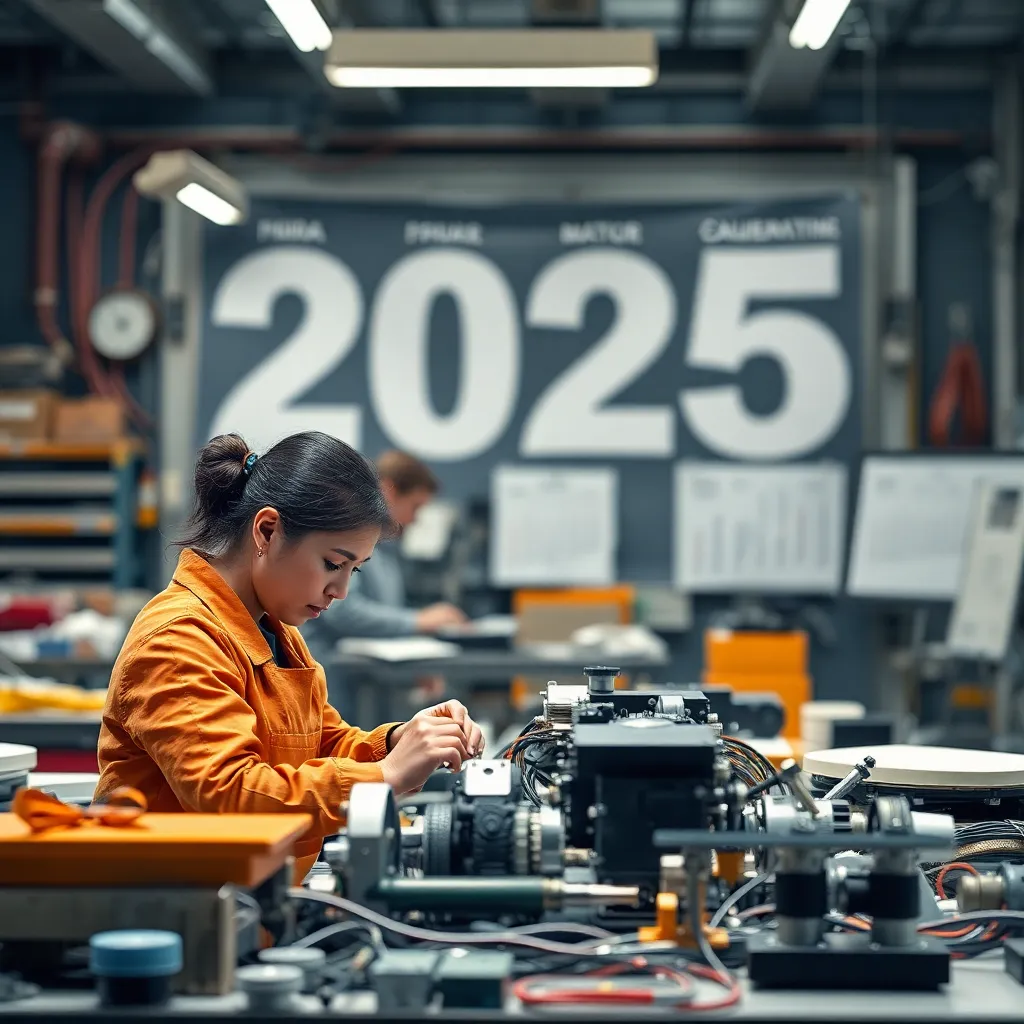As we look ahead to 2025, significant shifts in workforce trends are shaping industries across the board. Among the most impactful changes are the rise of skills-based hiring practices and the ongoing evolution of workplace demographics. These trends are especially relevant in the light industrial sector, which includes roles such as janitors, warehouse workers, assembly line workers, mechanical assemblers, and technicians. Temporary staffing agencies are uniquely equipped to help businesses and job seekers adapt to these developments, ensuring smooth transitions and successful outcomes.
Prediction: Skills-Based Hiring Needs Will Increase
Skills-based hiring focuses on practical abilities rather than formal education or lengthy resumes. This approach is rapidly gaining traction as employers aim to fill roles with workers who can hit the ground running.
According to a study by TestGorilla, 81% of employers are now incorporating skills-based hiring practices into their recruitment strategies. In the light industrial sector, this shift is particularly impactful:
- Warehouse workers need expertise in inventory management software, forklift operation, and order fulfillment.
- Assembly line workers must demonstrate precision, efficiency, and adherence to safety protocols.
- Mechanical assemblers and technicians are often evaluated based on their experience with specialized tools, troubleshooting, and blueprint reading.
By emphasizing real-world skills over traditional credentials, employers can address labor shortages and build a workforce ready to meet production demands.
Trend: Workplace Demographics Will Continue to Shift
The makeup of the workforce is evolving due to several factors, including an aging population, increased cultural diversity, and new generational dynamics. The U.S. Bureau of Labor Statistics projects that workers aged 55 and older will make up 25% of the workforce by 2025, emphasizing the need for inclusive policies.
- Janitors and custodians represent a workforce segment that often includes older employees, bringing years of experience and reliability to the job.
- Warehouse teams increasingly reflect a mix of backgrounds, languages, and experiences, requiring employers to prioritize clear communication and teamwork.
- Assembly line workers now include younger generations who value technological integration and flexible schedules.
Employers must adapt to these shifts by creating environments that embrace diversity, encourage collaboration, and address the needs of all team members.
How Temporary Staffing Agencies Can Help
Temporary staffing agencies are pivotal in navigating these workforce changes. Here’s how they provide value to both businesses and workers in the light industrial sector:
- Matching Skills to Jobs: Staffing agencies assess candidates’ specific skills, such as equipment operation or maintenance expertise, ensuring they align with employer needs.
- Providing Flexibility: As demand fluctuates in industries like manufacturing and logistics, temp agencies offer scalable staffing solutions, from short-term assignments to long-term placements.
- Fostering Inclusivity: Agencies often have access to a diverse pool of talent, helping employers meet demographic goals while maintaining operational efficiency.
- Streamlining Onboarding: With expertise in light industrial roles, staffing agencies help workers quickly acclimate to job requirements, reducing downtime for employers.
A Future Built on Adaptability
As 2025 approaches, the light industrial job market is experiencing exciting transformations. By embracing skills-based hiring and responding to shifting demographics, employers can ensure their teams are prepared to thrive. Temporary staffing agencies play a critical role in this evolution, connecting skilled workers with opportunities that match their abilities and ambitions.
Whether you’re looking for a skilled mechanical assembler or a dependable janitor, partnering with a temp agency can be the key to success in this dynamic and evolving workforce landscape.

